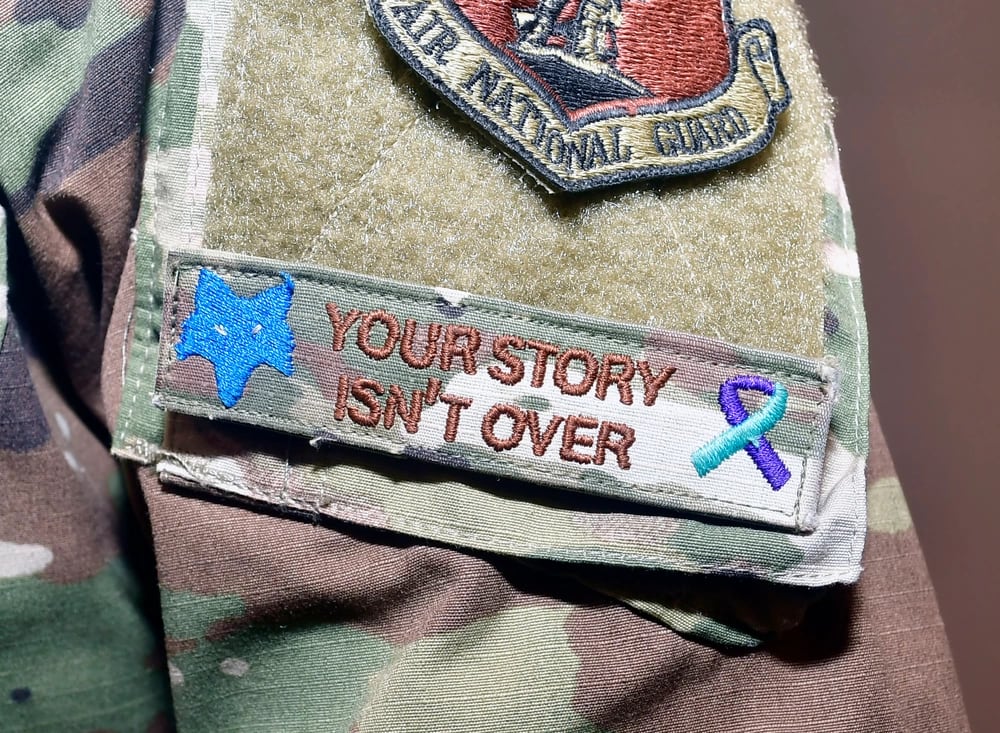The military health system has a major shortage of behavioral health providers, which often sends service members off base to seek care from civilian providers as they wait for spots to open up at a military treatment facility.
But the Defense Health Agency doesn’t track whether service members in crisis are receiving timely care out in town, according to a Government Accountability Office report released Tuesday, making it impossible to ensure that troops are getting the help they need or to fix any issues they have with obtaining care.
“Military service may carry a psychological cost for active-duty service members,” according to the report, which cites research showing that mental health diagnoses among troops quadrupled between 2005 and 2021. “If left untreated, such conditions can affect deployment readiness, among other negative consequences.”
Though the Defense Department is working to hire more staff, GAO found that more than 40% of the funded mental health provider positions within the military health system are vacant, creating vast shortages of care.
Providers prioritize urgent appointments for troops contemplating suicide, as well as initial appointments, at the expense of follow-ups, the GAO found, but military treatment facilities are still overwhelmed.
Referring to off-base civilian providers is a solution, but only if civilian providers are able to see patients faster than their DoD counterparts.
Within the military health system, the average patient was seen for an urgent appointment within 12 hours in 2022, while it takes about 15 days for a routine appointment ― well within the requirements of 24 hours for a crisis and 28 days for routine care.
RELATED

But those standards don’t apply to troops who are sent off base, and GAO found that many of them are waiting much longer for appointments. Data from 2022 shows that the average service member waited between 17 and 23 days for an urgent appointment ― exponentially longer than would be allowed on base ― and more like 30 days for routine care.
The report recommends that the Defense Health Agency create and enforce a maximum wait time for troops seeking urgent behavioral health care from civilian providers.
In its response to the report, DHA agreed that a timeframe for off-base urgent appointments would be ideal, it would also be impossible to enforce.
While referrals must be processed within three days, and military providers generally get in contact with a civilian provider to hand off care, it’s then up to the service member to make the appointment, Army Lt. Gen. Telita Crosland, DHA’s director, said in her response.
Meghann Myers is the Pentagon bureau chief at Military Times. She covers operations, policy, personnel, leadership and other issues affecting service members.




